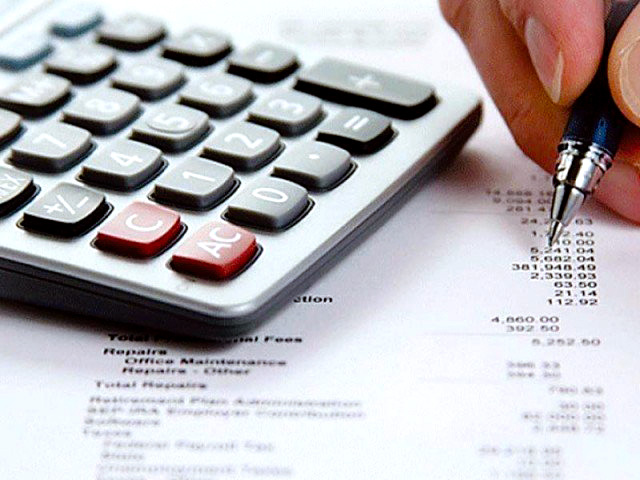
The government is considering imposing income tax on monthly pensions of over Rs200,000 and may slap the tax on judicial allowance and house rent in the next budget as part of a plan to withdraw tax exemptions from the upcoming fiscal year.
Tax proposals are being fine-tuned ahead of a meeting with the International Monetary Fund (IMF) staff, which will begin vetting government’s budgetary proposals for fiscal year 2021-22 from next week, said sources in the Ministry of Finance.
One of the proposals is to place a limit on income tax-free pensions being received by the retired civil servants, judges and generals, the sources said.
They said that no threshold has been finalised yet, but the idea is to at least tax pension payments to the government servants retired in the highest pay scale.
Sources said that Special Assistant to PM on Revenue Dr Waqar Masood wanted the annual taxable limit of pensions should be set at Rs5 million or Rs416,000 per month. However, this limit will exclude all retired grade 22 bureaucrats.
Dr Waqar has proposed 10% tax on pensioners, they added.
Read: Tarin rules out new taxes, hike in tariffs
Tax expenditure reports of 2019-20 showed that the federal government sustained a loss of about Rs21 billion on account of tax-free pensions. There was revenue loss of Rs2.8 billion on account of pensions received by a citizen of Pakistan from a former employer, according to the report.
The major loss of Rs18.7 billion was on account of commutation of pensions of employees and another Rs21 million due to tax-free monthly installments from the income payment plan invested with a pension fund manager.
The annual cost of tax losses has peaked to nearly Rs1.4 trillion, said the sources.
The IMF is urging Pakistan to reconsider its tax laws to end such benefits as they are largely availed by the affluent class. However, a major chunk of tax losses was borne on account of sales tax exemptions, which would directly hurt the poor segment more than the rich class.
A March 2021 agreement with the IMF requires Pakistan to take additional tax measures equal to 1.2% of gross domestic product (GDP) or Rs570 billion, although Finance Minister Shaukat Tarin has showed reservations about the plan.
Tax authorities have also proposed that the house rent being availed by the judiciary should be taxed in the budget, which is aimed at ending disparity in the tax law.
The cost of tax-free house rent allowance to judges of the Supreme Court and high courts was only Rs32 million in the previous fiscal year, but it leads to discrimination.
Similar proposals had also been made in the previous budgets, but they were eventually shot down by the political leadership.
Tax authorities have suggested to the government to rewrite the text of a clause of the Income Tax Ordinance through the Finance Bill 2021 aimed at plugging a lacuna that led to a court judgement to exempt the judicial allowance from income tax, said the sources.
Last month, the FBR had exempted judicial allowances from income tax by honouring court judgements. The tax machinery notified that the “judicial allowance and special judicial allowance are exempt from tax not only in cases of superior judiciary but also in the case of subordinate judiciary.”
Read more: PM Imran commends FBR on record tax collection of Rs384b in April
The exemption was given in compliance with the July 2020 judgement of the Sindh High Court (SHC) and 2017 judgement of the Peshawar High Court (PHC).
“The special judicial allowance granted to the petitioners was in appreciation of their performance of duties and thus would not fall within the scope of salary, and thereby not chargeable to income tax,” said the SHC judgement.
Judicial allowances are up to 300% over and above the basic salaries being drawn by members of the judiciary and their establishments.
Sources said that the FBR has proposed to rewrite the relevant tax clauses that led to the exemption.
The FBR is of the view that with the exhaustive definition of the term salary given under Section 12 of the Income Tax Ordinance 2001, it was clear that all the benefits and allowances were part of the salary income, and therefore, rightly subjected to withholding of income tax by the Accountant General of Sindh.
COMMENTS (5)
Comments are moderated and generally will be posted if they are on-topic and not abusive.
For more information, please see our Comments FAQ
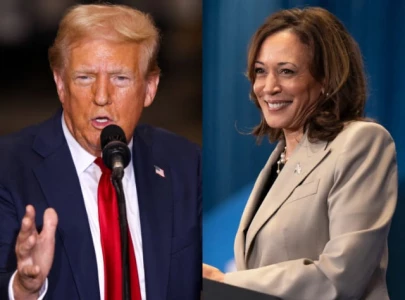


1730788481-0/BeFunky-collage-(19)1730788481-0-165x106.webp)


1730786905-0/£300,000-(1)1730786905-0.png)
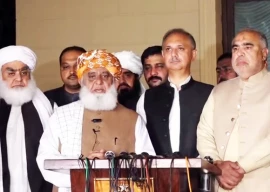



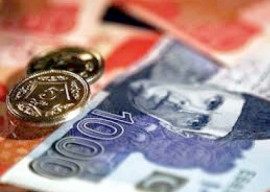

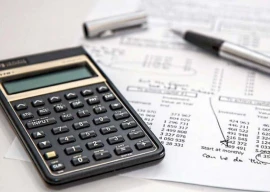




1730706072-0/Copy-of-Untitled-(2)1730706072-0-270x192.webp)
All pensions past and present should be as per current allowances set for various grades and all pensions all of the various heads should be taxable to address disparity between pensioners of same grade and to adjust for inflationary effect.